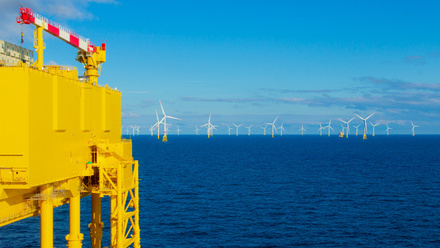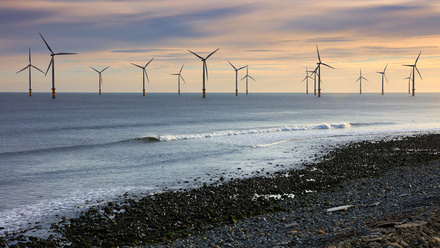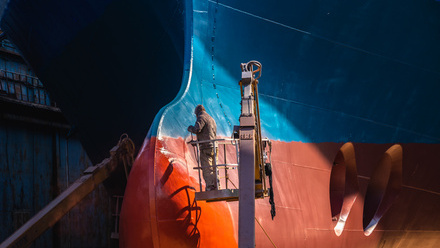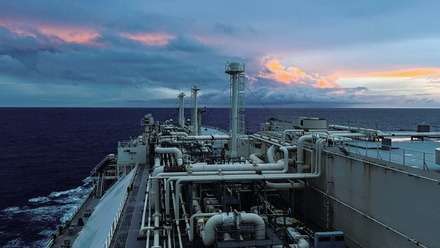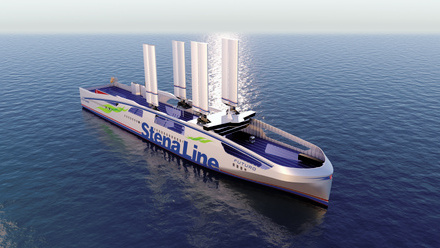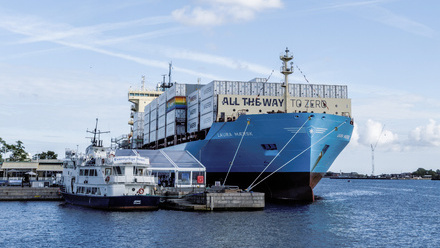Marcie Merksamer uses keynote to call for cross-industry collaboration on biosecurity
Marcie Merksamer’s keynote at this week’s Biosecurity Symposium called for collaboration, knowledge sharing, and consensus building to help solve the issue of biofouling. With the International Maritime Organization (IMO) due to amend its Ballast Water Management Convention, she also remarked that the time is now to create effective and practical legislation.
Around ten billion tonnes of ballast water move around the world in ships every day, transporting aquatic species as they go. This can lead to invasive species being released to ports around the world, a process known as biofouling. Biofouling can impact local industries (such as aquaculture), harm native biodiversity, and even spread life threatening human diseases such as Cholera. It also costs of billions of dollars every year.
IMarEST set up its Ballast Water Management and Biofouling Management Special Interest Groups (SIGs) to address these issues and are made up of IMarEST members. Marcie Merksamer, vice president of EnviroManagement Inc., is the chair of the Ballast Water SIG and has been passionate about the subject for over 20 years.
There has been plenty of progress in managing biofouling, but there is still more to be done when it comes to monitoring, enforcement, and technical solutions. Our Ballast Water Management SIG organised the London Symposium to answer these key questions by drawing together stakeholders from regulation, science, technical and industry.
IMarEST runs a variety of SIGs that represent its members’ interests. Members of the Institute can benefit from being part of a SIG as it allows them to contribute to important policy and technical initiatives. For instance, work from our SIGs is often used to inform international maritime policy through IMarEST’s representation at the IMO, as well as other high-profile institutions.
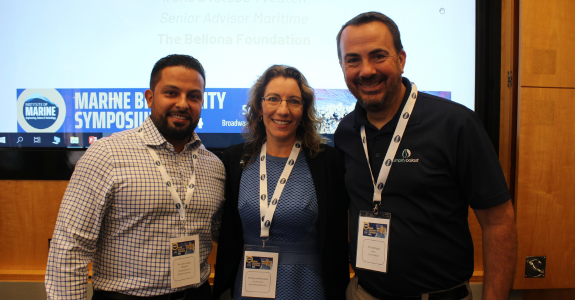
Pictured (Left to Right): John Loaiza, Marcie Merksamer and Mark Riggio.

